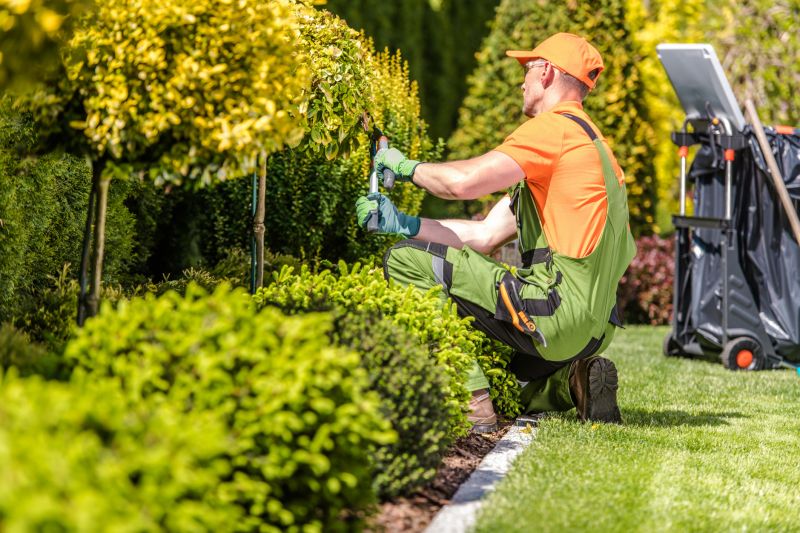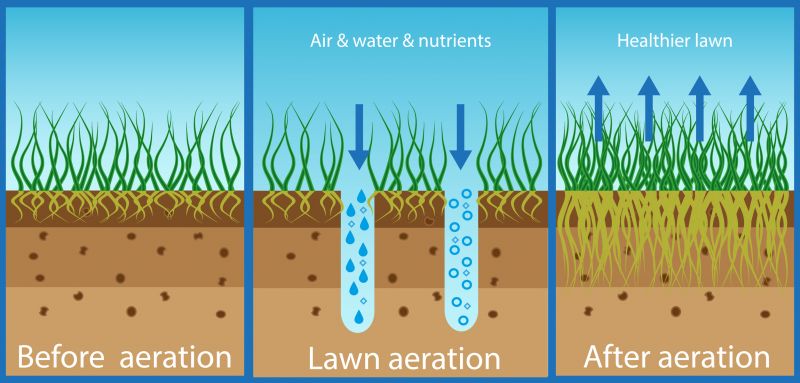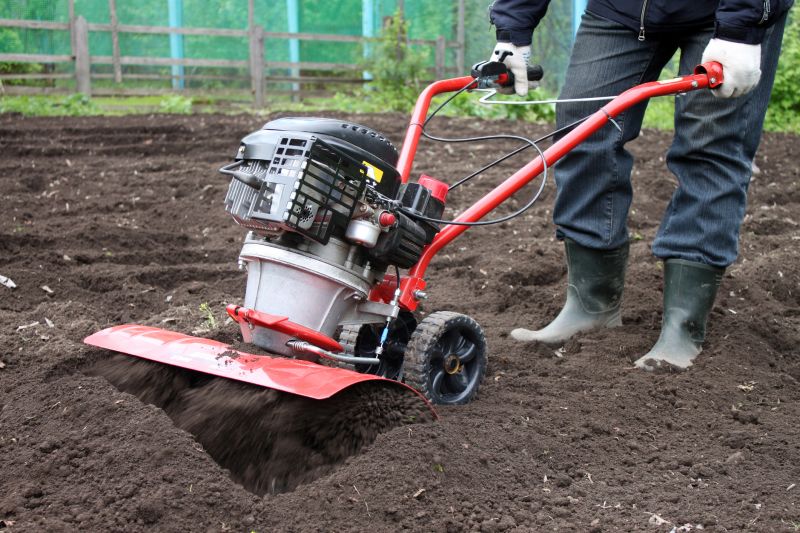About Garden Tilling Services for Property Owners
This page helps property owners learn about garden tilling services and compare local contractors who provide this work.
- - Residential property owners seeking to prepare gardens for planting or landscaping.
- - Commercial landscapers or property managers needing professional tilling services for large-scale projects.
- - Homeowners planning yard renovations or garden expansions requiring professional soil cultivation.
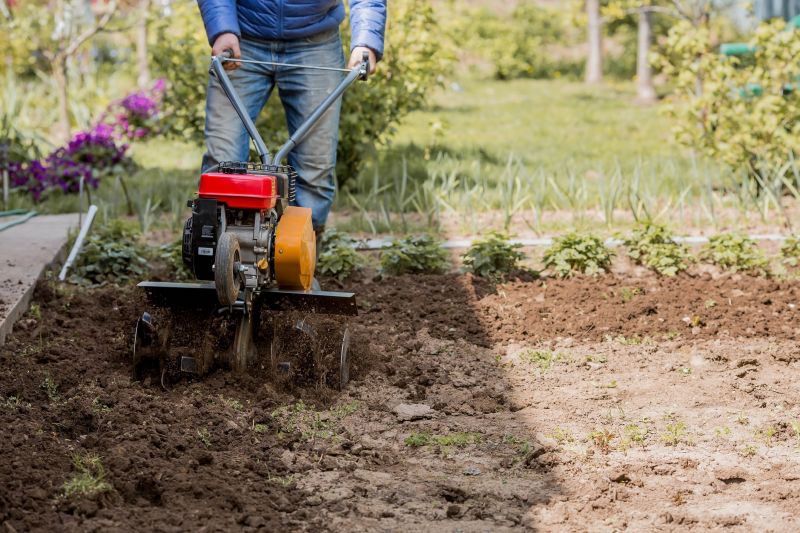
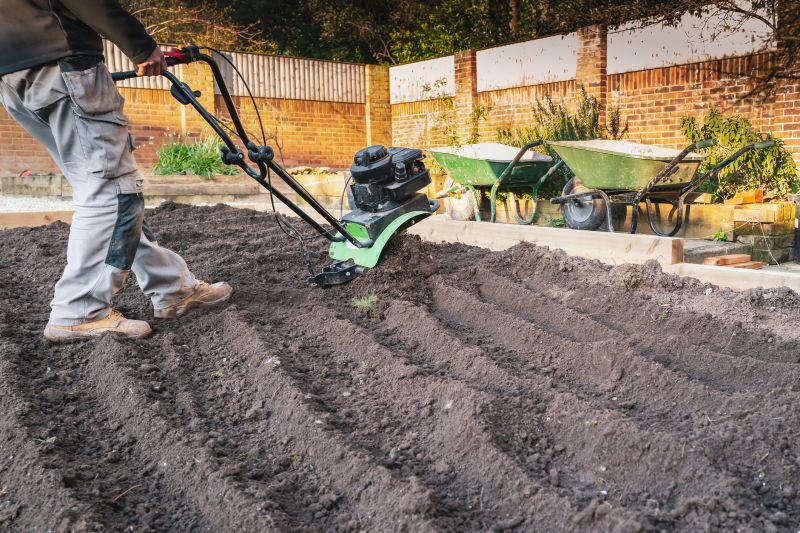
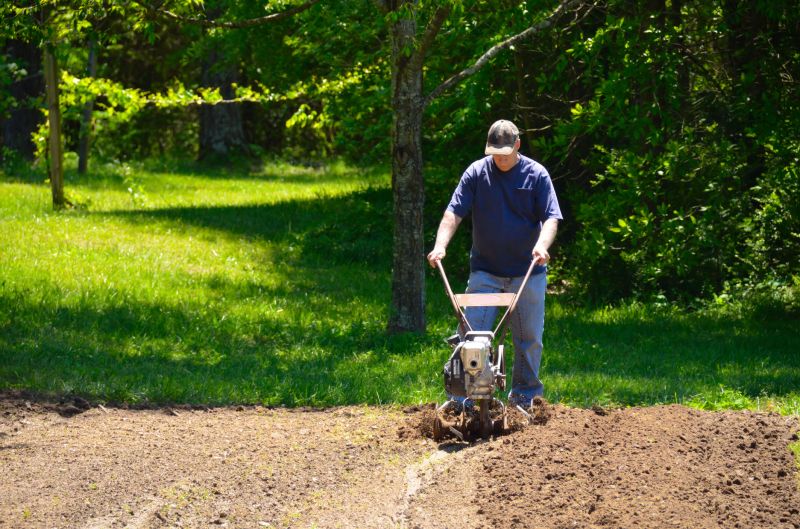
Garden tilling services involve preparing outdoor soil to create an ideal environment for planting and landscape development. Local contractors who specialize in this work typically handle tasks such as breaking up compacted soil, removing weeds, and aerating the ground to improve its structure. Property owners seeking tilling often look for experienced service providers to help establish new gardens, improve existing planting beds, or prepare land for landscaping projects. These professionals use a variety of tools and techniques to ensure the soil is properly conditioned, making it easier to plant and encouraging healthy growth.
Connecting with local service providers can help property owners find the right expertise for their garden tilling needs. Many contractors offer a range of related services, including soil testing, bed leveling, and preparation for planting. When seeking assistance, property owners can expect to work with experienced professionals who understand local soil conditions and landscape requirements. Whether preparing a small garden plot or a larger landscape area, these local pros can assist in creating a well-prepared foundation for successful gardening and outdoor projects.
This guide provides helpful information to understand the scope of garden tilling services and what to consider when planning a project. It assists in comparing local contractors so you can find the right professionals for your needs. By understanding the basics, you can better communicate your project details to the service providers in your area.
